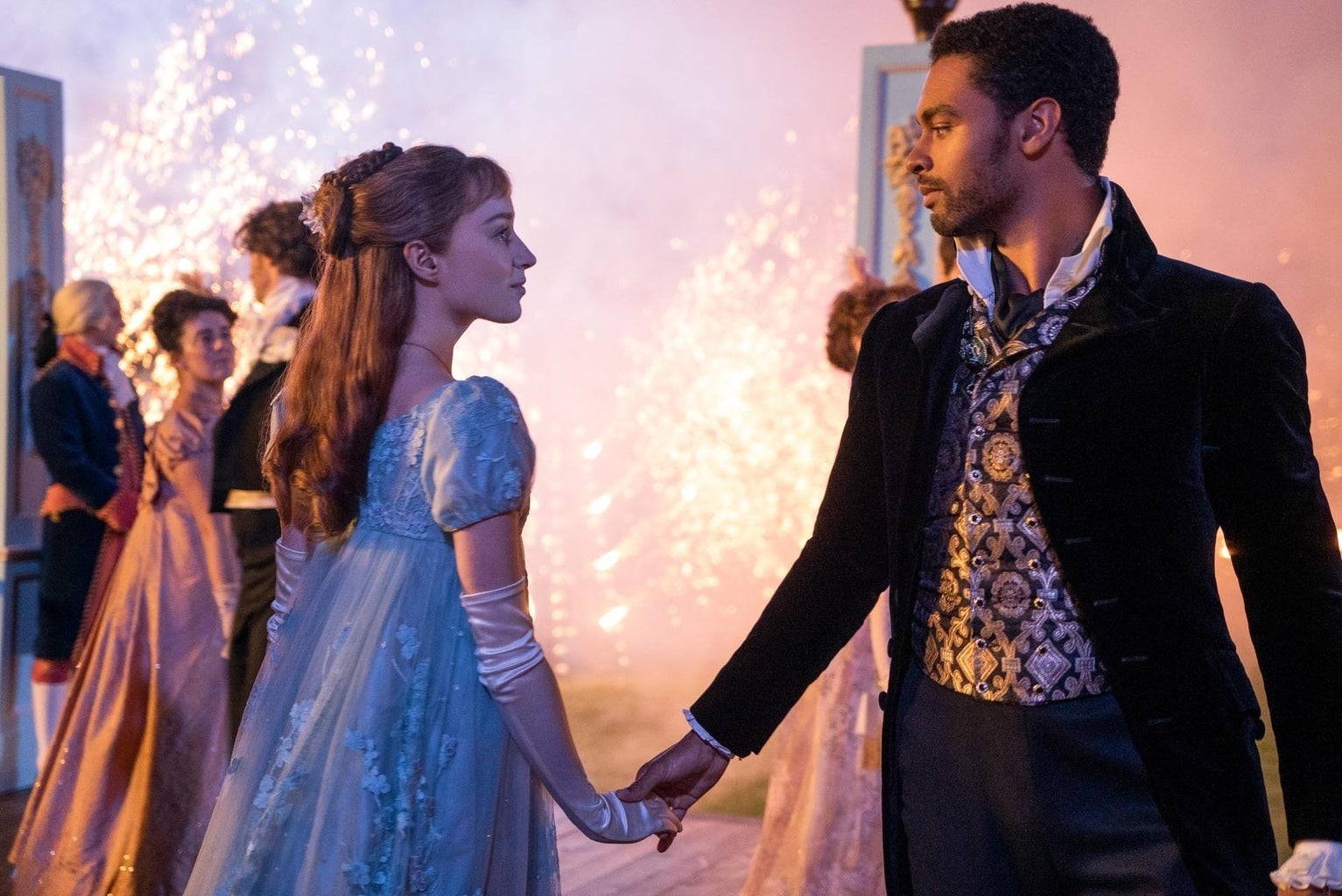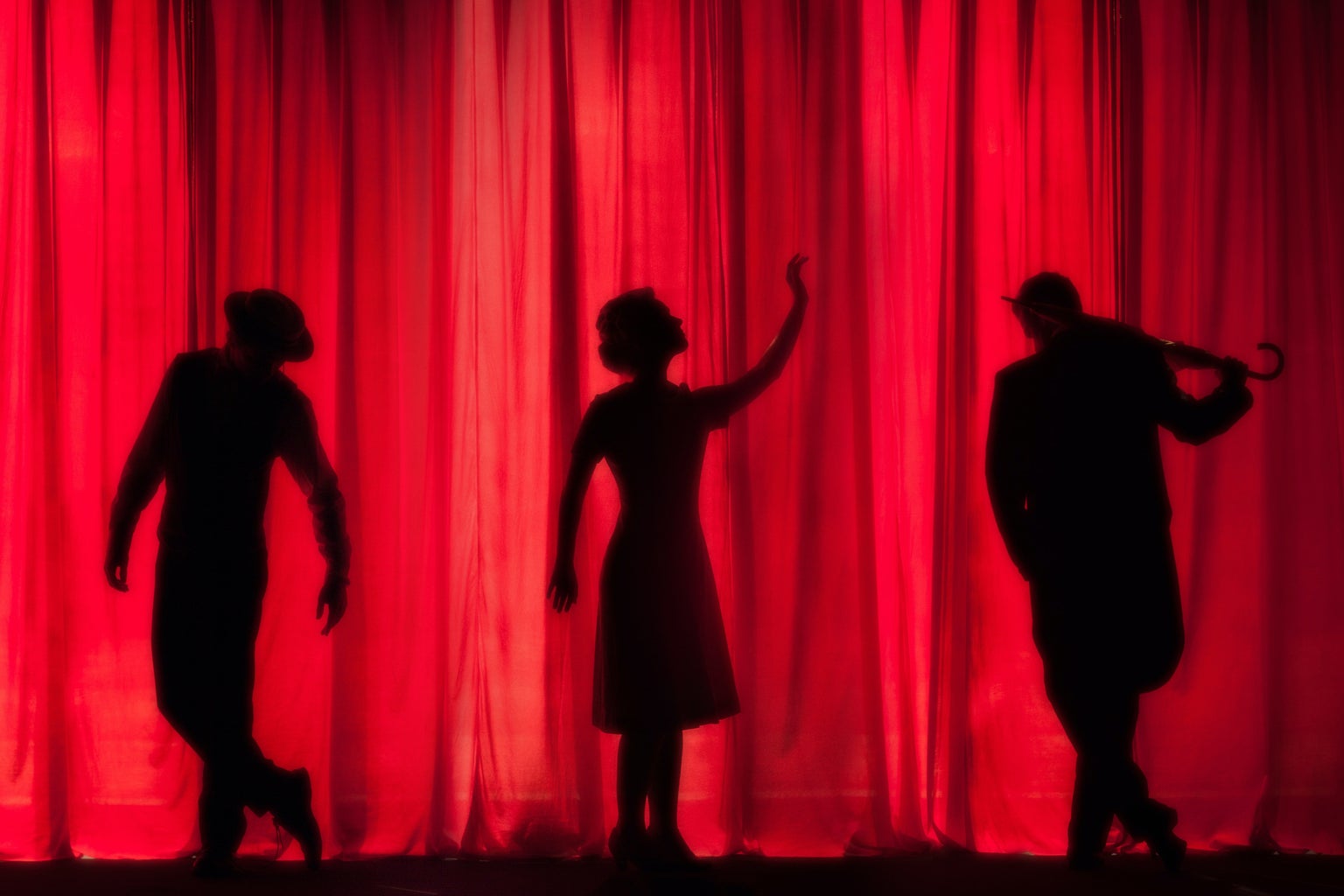All actors, at every level, are familiar with the phrase “there’s always someone else.” If an actor is considered “difficult to work with,” there’s always another actor available to fill a role at a moment’s notice. But what is “difficult to work with” defined as? And why, whenever we hear that expression, do our minds usually jump to a female? Typically, someone “difficult to work with” is someone who is self-centered, inconsiderate of the cast and crew’s time and mean-spirited in the rehearsal room. We don’t think of “difficult to work with” as a male because directors tend to be more excusing of negative male behavior, including sexual misconduct. As long as a male actor puts up a charming front, directors tend to overlook any problematic behavior, because after all, it’s supposedly harder to find male performers (or, in all honesty, performers to fill typically male roles). So if a female actor isn’t willing to work alongside a known problematic male, who should be considered “difficult to work with?” And more importantly, who actually ends up being considered “difficult to work with?”

The saddest fact is that performers at every level have had to work alongside known male abusers, and directors don’t seem to care because these abusers are “talented.” But isn’t there “always someone else?” Or does that not apply to male performers, since directors throw around the “there’s always someone else” when a female actor’s ego inflates too much? Theatres at every level seem to be perfectly okay with having these abusers onstage, from community to Broadway. There have been plenty of known male abusers on Broadway over the years, most recently James Barbour of The Phantom of the Opera and Amar Ramasar of West Side Story, and those are just two names we know of. For all we know, there are hundreds of abusers that just have never been reported, all because it seems pointless if the behavior is seen with a blind eye. At the community level, countless young people (as in teenagers) have watched known abusers, their abusers for some of them, be cast in lead roles over and over again, and the victims who quit or try to take action are the ones who suffer consequences. Directors defend this by saying that “boys are so rare” and that “they have to be cast because there aren’t many boys auditioning.” And as if it isn’t bad enough that we have to watch our abusers be rewarded, we have to think about how they’ll continue to be excused if they continue to be performers. Some may enter the professional world thinking that their behavior is totally okay and/or won’t get them into trouble, since they haven’t faced consequences for it thus far.
All in all, if you as a performer feel unsafe in your company, you are not being “difficult to work with” by leaving. The ones who are making others feel uncomfortable are the ones who are actually “difficult to work with,” as they’re the ones making the space unsafe for everyone or anyone else. Your safety comes first, and your director will have a chance to make good on the “there’s always someone else” promise. Nevertheless, it’s time to start holding the theatre world accountable for excusing their abusers, whether it’s the smallest high school/community theatre or the biggest show on Broadway. Yes, these men are all probably very talented, but if there really always is someone else, then it doesn’t hurt to try and find a male actor somewhere who exercises human decency. After all, he’s probably just as talented.




